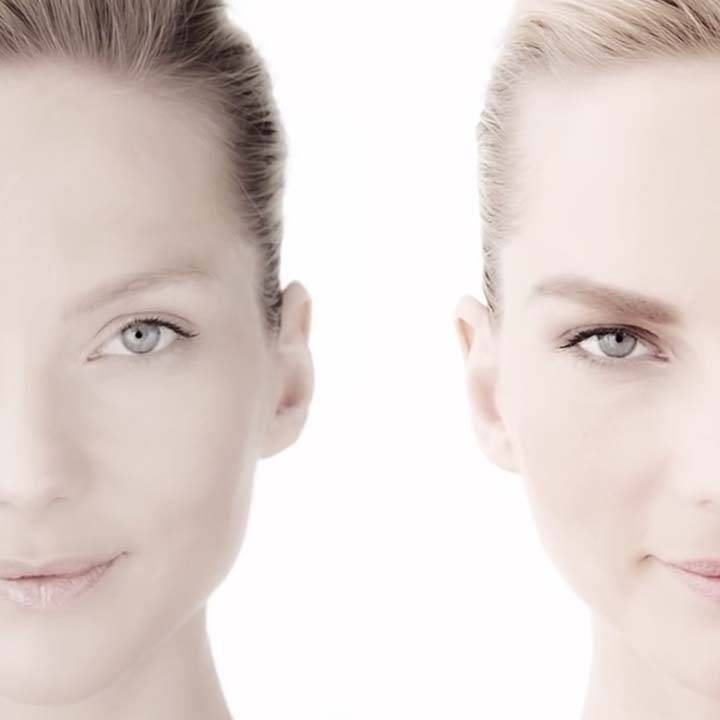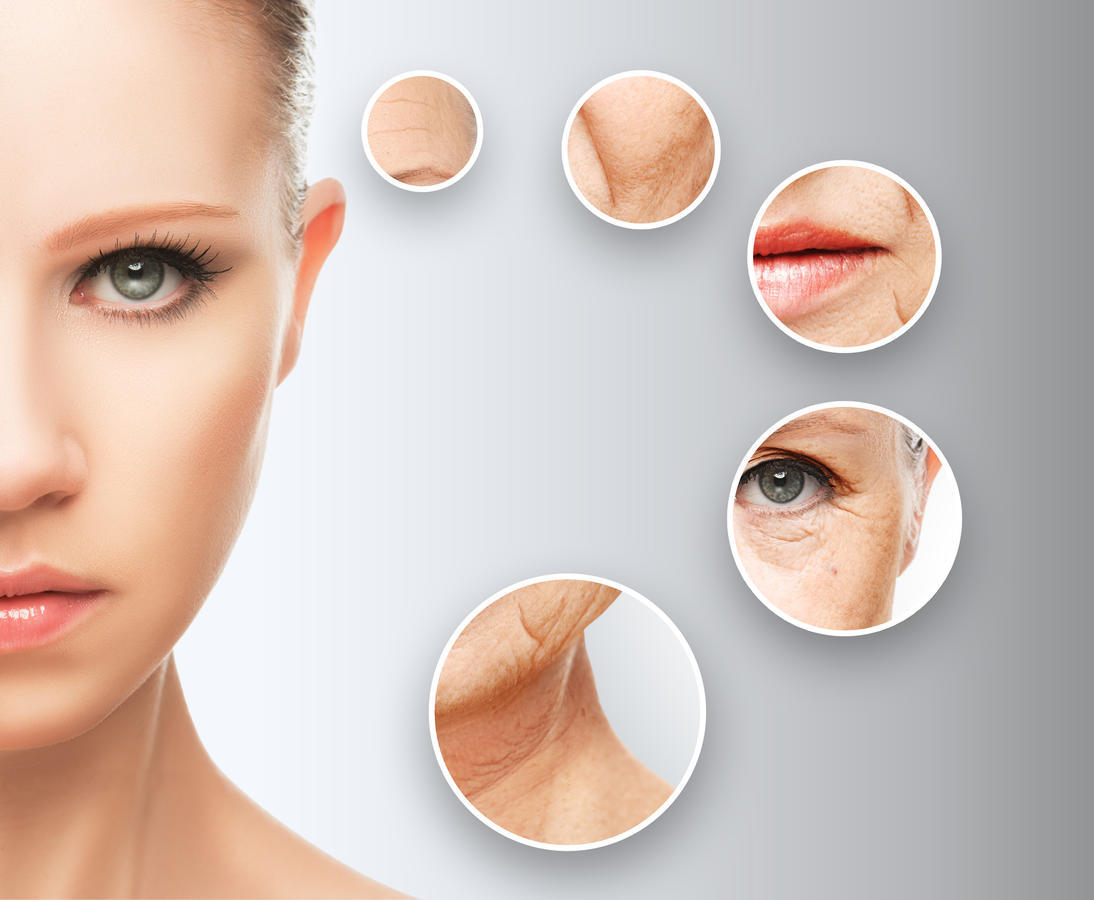There’s no doubt about it – staying hydrated is essential for overall health and wellbeing. But when it comes to exercise, hydration becomes even more crucial. Whether you’re a seasoned athlete or just starting out on your fitness journey, ensuring that you’re properly hydrated before, during, and after physical activity can make all the difference in reaching your goals and feeling great while doing so! Join us as we explore the importance of hydration from head to toe and why it should be at the top of your list for optimal health.
What is dehydration?
Dehydration occurs when the body loses more fluid than it takes in. The body regulates fluid balance through salt and water retention and urination. When fluids are lost through sweating, drinking, or diarrhea, the body responds by reducing its blood volume. This can lead to dizziness, lightheadedness, nausea, vomiting, and rapid breathing. Dehydration also impairs performance because it causes muscles to shrink and energy output to decrease.
There are several ways that you can become dehydrated:
1) Drinking too much fluids over a period of time – If you drink lots of fluids in a short period of time (within an hour), your body will respond by pulling water from your cells to flush out the sugars. This process causes your cells to swell and results in dehydration.
2) Sweating excessively – When you sweat, your body releases water vapor into the air. If this process continues for a long period of time (several hours), the body will lose significant amounts of water through sweat. This is why it is important to drink plenty of fluids while exercising in hot weather conditions – if you don’t drink enough fluids during exercise, you risk becoming dehydrated later on.
3) Draining hidden reserves – When you’re sick or have a fever, your immune system produces more toxins (poisons) which can cause dehydration by promoting the loss of water through urine and feces.
4) Eating foods that contain high levels of sugar –
The different types of dehydration
Dehydration is a common condition and can have many effects on your health, including an increased risk of developing sports injuries. Dehydration can also affect your cognitive performance, muscle function, and the balance of electrolytes in your body. Here are the different types of dehydration:
1. Acute dehydration refers to water deficiency that has occurred rapidly over a short period of time (within 48 hours). Symptoms of acute dehydration include feeling thirsty, lightheaded, dizzy, and weak. Treatment for acute dehydration includes replacing lost fluids and electrolytes with fluids and electrolytes.
2. Chronic dehydration refers to water deficiency that has continued or developed over a longer period of time (more than 3 days). Symptoms of chronic dehydration include feeling tired all the time, dry skin, headaches, difficulty concentrating, slow reflexes, and muscle cramps. Treatment for chronic dehydration includes replacing lost fluids and electrolytes with liquids and electrolytes throughout the day and restricting calories during times of excessive fluidloss.
3. Excessive alcohol consumption leads to alcohol dehydrogenesis which is a process by which alcohol breaks down into acetaldehyde and hydrogen ions in the liver. Alcohol dehydrogenesis causes water loss from the body through sweat, tears, urine output, and breath vapor production.
How to avoid dehydration during exercise
When it comes to hydration, most people usually think about drinking water before exercise. But what about during and after exercise?
Drinking fluids throughout the day is important for optimal health, especially when it comes to exercising. By drinking before, during, and after your workout, you can help make sure that you’re staying hydrated and doing your body good!
Before Exercise
Drink plenty of water before exercising to make sure that you’re fully hydrated. This will help minimize muscle cramps and other unpleasant side effects of dehydration. Aim to drink 16 ounces (about half a cup) of water 30 minutes before starting your workout.
During Exercise
It’s important to keep yourself well-hydrated while exercising. Drink frequently throughout your workout – every 15 minutes is great – and aim for an intake of 16 ounces (about half a cup) per hour. If you’re working out for more than an hour, consider carrying a sports bottle with you to quickly sip on during breaks. Avoid sugary drinks or energy drinks, as they will only further dehydrate you.
After Exercise
Again, it’s important to drink lots of fluids post-workout in order to avoid dehydration symptoms like muscle cramps and fatigue. Stay hydrated by drinking 8-12 ounces (a quarter-to-half gallon) of fluid within two hours post-exercise. And if you feel lightheaded
How to drink enough water during exercise
hydration is key to staying healthy during and after exercise. According to Sports Medicine Australia, it’s essential to drink at least 16 ounces of fluid before and during exercise, and another 8-12 ounces every 20 minutes afterwards. In order to properly hydrate, you should drink from different sources…
Drink from a water bottle beforehand: Bottled water is ideal for hydrating before exercise because it’s portable and convenient. It can be stored in a refrigerator or locker for later use, and doesn’t require any extra preparation other than filling it with liquid.
Drink during exercise: Drinking while exercising helps keep your body hydrated and also speeds up the process. Avoid drinking excessive amounts of fluids right before an event, as this can lead to feelings of nausea or vomiting. Instead, sip on water throughout the duration of your activity.
Drink after exercise: It’s important to continue hydrating after completing an activity in order to restore electrolytes and reduce post-exercise fatigue. Follow these tips for rehydrating correctly:
Conclusion
There are a few things you can do to stay hydrated and healthy while exercising, but one of the most important is hydrating before, during, and after exercise. By drinking plenty of water before starting your workout, staying well-hydrated throughout your workout session, and replenishing fluids afterward you’ll make sure that your body has enough fluids to perform optimally. When it comes to overall health and fitness, being properly hydrated is essential for optimizing performance as well as keeping you feeling sharp mentally and physically. Thanks for reading!









